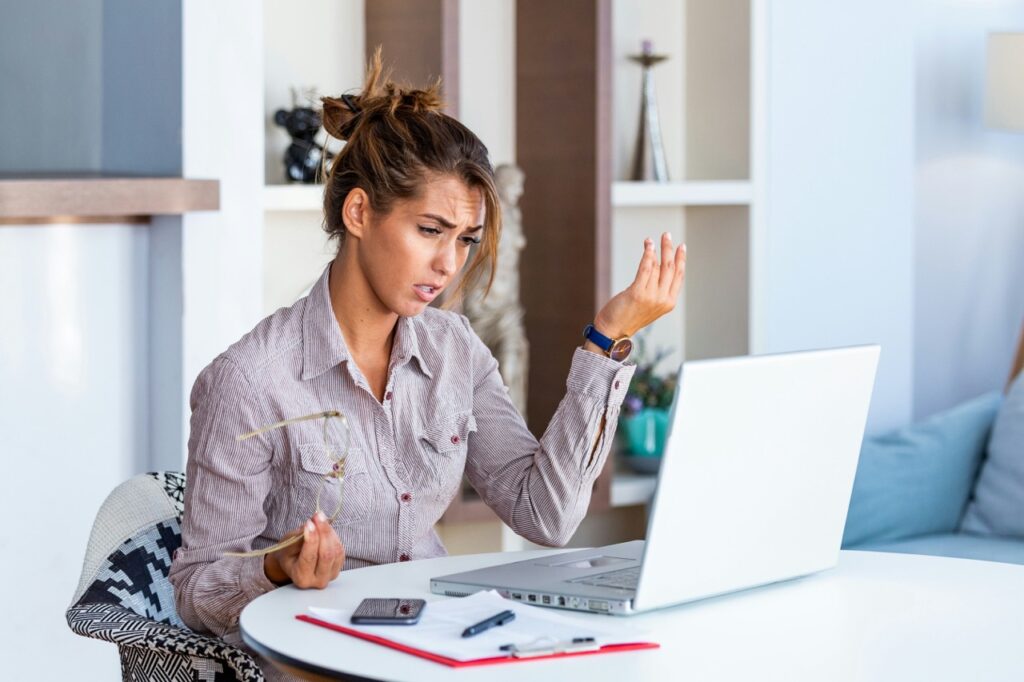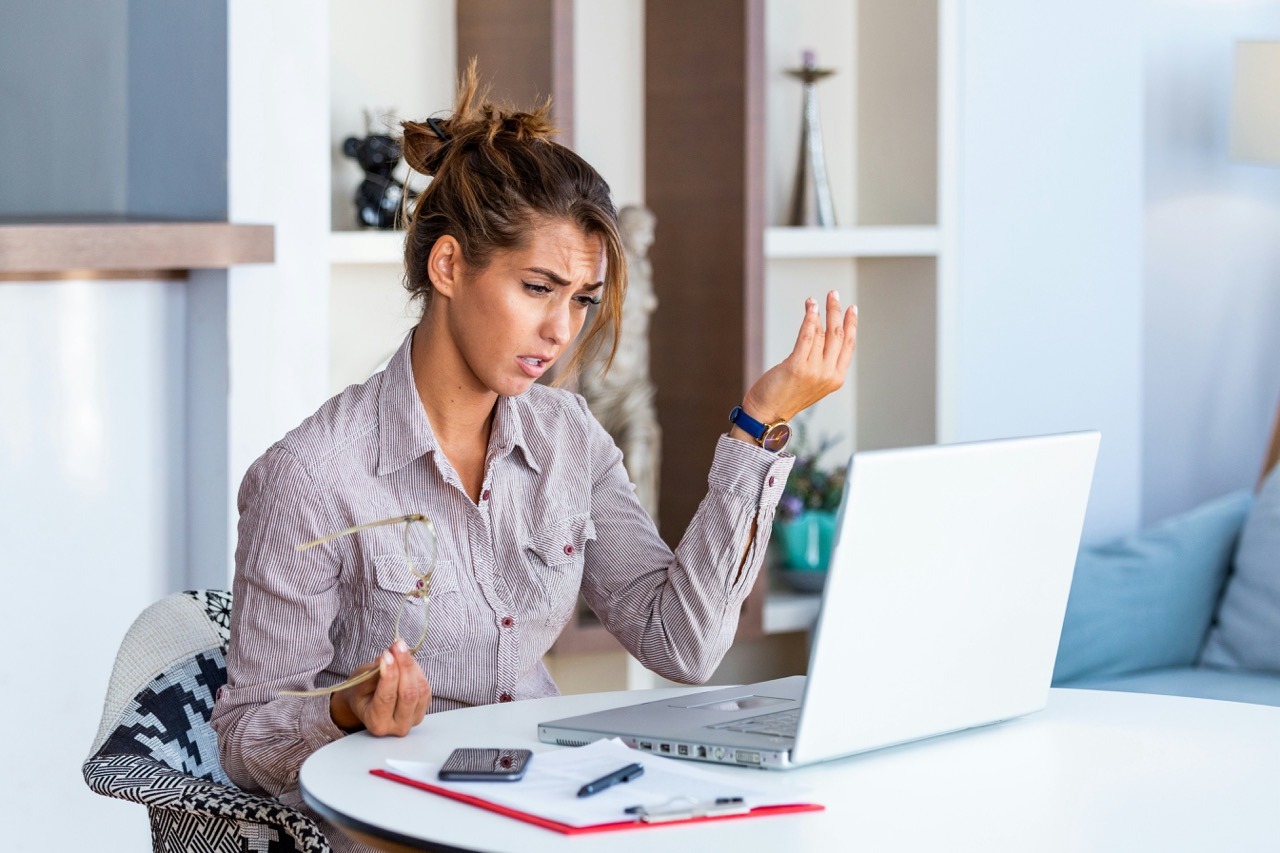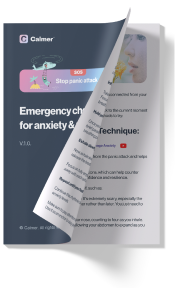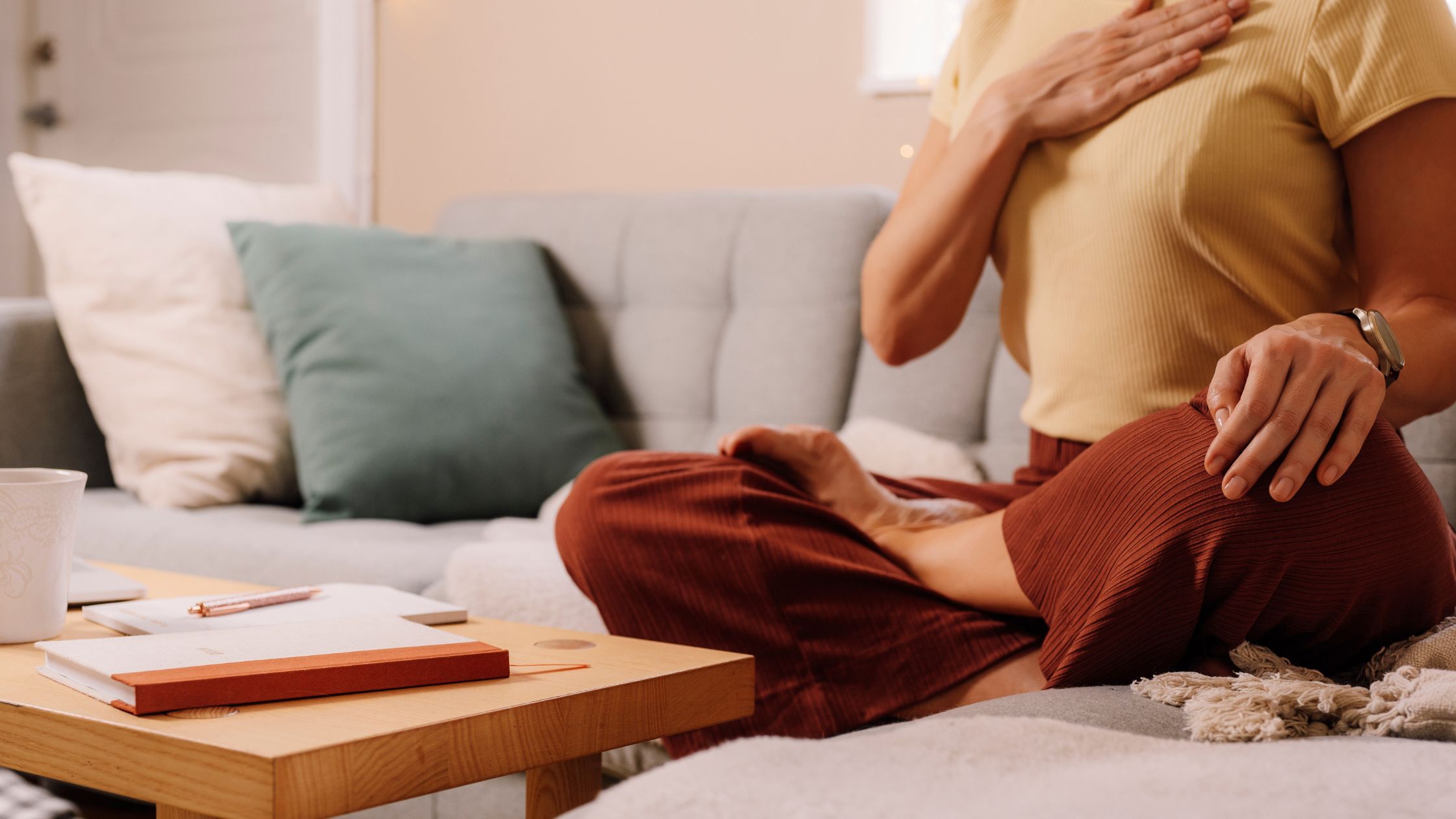Key Takeaways:
- Stress and anxiety aren’t the same. Stress is often tied to specific events, while anxiety can be more persistent and generalized
- From sweaty palms to restless nights, learn to identify the subtle cues that distinguish stress from anxiety
- If you’re struggling to cope with overwhelming feelings, here’s what you can do
For the longest time, I thought stress and anxiety were basically the same thing. I mean, aren’t they both just fancy words for feeling like you’re about to implode under the weight of your responsibilities?
As it turns out, there’s more to it than meets the eye.

Stress vs. Anxiety
| Aspect | Stress | Anxiety |
| Nature | Response to specific events or situations | Persistent, excessive worry |
| Duration | Can be temporary or chronic | Can be chronic or long-lasting |
| Triggers | Often tied to external stressors | May occur without clear trigger |
| Physical Symptoms | Headaches, muscle tension, stomach issues | Rapid heartbeat, sweating, trembling |
| Emotional Symptoms | Irritability, moodiness | Excessive worry, fear |
| Impact on Daily Life | Can interfere with functioning temporarily or persistently | Interferes with daily activities and relationships |
| Treatment | Often resolves on its own once stressor is removed, but may require management for chronic cases | May require therapy, medication, or lifestyle changes |
I’ve come to realize that stress is often tied to specific events or situations. It’s the butterflies in my stomach before a big presentation or the frantic rush to finish a project on time. But anxiety?
Well, that’s a different beast altogether. It’s like a shadow that follows me everywhere, lurking in the background even when everything seems fine on the surface.
It’s the constant “what ifs” that play on a loop in my mind, the relentless fear of the unknown that keeps me on edge even when there’s nothing concrete to worry about.
It’s exhausting, overwhelming, and, at times, downright debilitating. So, let’s look a bit closer at each one so you can draw some informed conclusions.
Understanding Stress
Stress is a natural response to challenging situations. It’s your body’s way of preparing to face a threat or deal with a difficult task.
Stress, for me, is like a temporary storm that rolls in and out of my life. It hits when deadlines pile up, bills come knocking, and my schedule resembles a game of Tetris gone wrong.
But once the storm passes – and trust me, it always does – I find myself basking in the calm afterward, feeling like I can finally breathe again.
Signs of Stress
Here are major signs of stress:
- Feeling tense or on edge
- Difficulty concentrating
- Irritability or moodiness
- Physical symptoms like headaches, muscle tension, or stomach issues
- Changes in appetite or sleep patterns
When stress comes knocking, it doesn’t just stop by for a quick hello. It barges in uninvited, making its presence known in every corner of your life.
Suddenly, you find yourself constantly on edge, ready to snap at the slightest provocation.
But it’s not just your mood that takes a hit – your body bears the brunt of the stress, too.
Headaches become your constant companion, muscle tension tightens its grip like a vice around your shoulders, and your stomach churns with a mix of nerves and dread.
Appetite and sleep? Forget about ’em. Suddenly, food loses its appeal, or maybe it becomes your only solace, while sleep becomes a distant memory, replaced by restless tossing and turning as your mind races a mile a minute.

Coping with Stress
Managing stress involves finding healthy ways to cope with the challenges you’re facing and finding what works for you to keep those overwhelming feelings in check.
Through trial and error, I’ve discovered a few strategies that have helped me find my way out of the stress labyrinth. One of my go-to techniques is deep breathing.
When I feel like I’m on the verge of unraveling, I take a moment to close my eyes, inhale deeply through my nose, and exhale slowly through my mouth.
It’s amazing how something as simple as focusing on my breath can bring a sense of calm amidst the chaos.
And then there’s meditation – my savior in a world that never seems to stop spinning. From a guided meditation session to simply sitting in silence for a few minutes, taking the time to quiet my mind has become non-negotiable.

Of course, exercise plays a big role too. There’s something about sweating out the stress on a long run or punching it out in a kickboxing class that leaves me feeling lighter, more grounded.
These coping strategies aren’t just based on personal experience but are also supported by scientific research.
Regular exercise is known to release endorphins, the body’s natural stress fighters, while also improving mood and sleep quality.
And deep breathing and meditation have been shown to activate the body’s relaxation response, reducing levels of stress hormones like cortisol and stimulating feelings of tranquility and well-being.
For this, I’ve mostly been using our app Calmer, which has a science-based approach to relieving your anxiety and panic attacks.
Understanding Anxiety
Anxiety, on the other hand, is more than just feeling stressed out. It involves persistent and excessive worry about everyday situations, even when there’s no apparent reason to be anxious.
It can interfere with your daily life and make it almost impossible to function normally. To me, it’s like a constant hum in the background of my mind, whispering doubts and fears even when everything seems fine on the surface.
It’s waking up in the middle of the night with a racing heart and a mind that just won’t shut off, no matter how hard I try.
Signs of Anxiety
Here are major signs of anxiety:
- Excessive worry or fear
- Restlessness or feeling on edge
- Difficulty controlling feelings of worry
- Physical symptoms like muscle, tension, rapid heartbeat, sweating, nausea, or trembling
- Trouble sleeping
I once heard that living with anxiety is like constantly walking on a tightrope. You’re never quite sure when you’ll lose your balance and come crashing down.
The signs are subtle at first, a nagging worry here, a brief sense of unease there, but they quickly escalate into a whirlwind of emotions that threaten to overwhelm you.

Excessive worry becomes your constant companion, a dark cloud looming overhead no matter how hard you try to push it away. Controlling these feelings of worry becomes an uphill battle.
And then there are the physical symptoms – the rapid heartbeat that echoes in your ears like a drumbeat, the clammy hands, the trembling that seems to shake you to your core.
Anxiety isn’t just a state of mind. It’s a physical and emotional rollercoaster.
Coping with Anxiety
Just like with stress, one of the most powerful coping mechanisms for anxiety is mindfulness.
By grounding yourself in the present moment and observing your thoughts and feelings, you can gain a sense of clarity and perspective that helps to ease the grip of anxiety.
Mindfulness practices like deep breathing exercises, meditation, journaling, and body scans can be incredibly effective in calming the mind and reducing the intensity of anxious thoughts and physical sensations.
But if you’re experiencing symptoms of anxiety that are interfering with your daily life, it’s important to seek help from a mental health professional.
Ultimately, therapy, medication, and lifestyle changes can all be effective in managing anxiety and improving overall well-being.

Bottom Line
Stress and anxiety aren’t the same thing. Stress comes and goes with tough times, but anxiety can stick around like a stubborn guest.
Pay attention to your feelings, don’t be afraid to ask for help, and take care of yourself.




